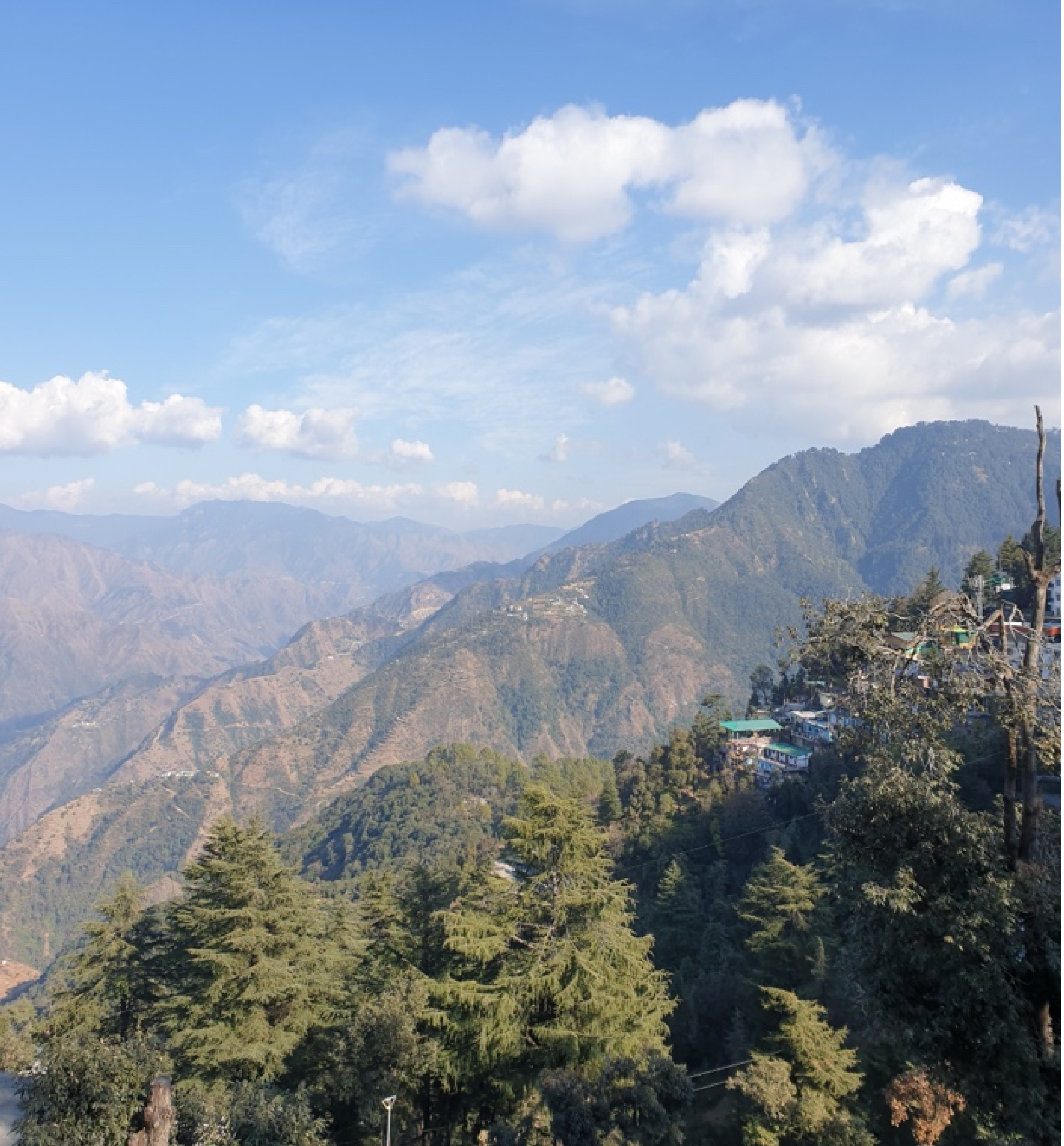The earthquake in 2015 brought immense destruction and loss of livelihood in Nepal with certain districts suffering particularly high levels of devastation with marginalized population losing their homes, valuables, resources for agriculture and allied livelihood means.
Recognizing this issue as prior and urgent, Pragya in Nepal works on the post-earthquake restoration of the disrupted livelihoods of vulnerable communities in three districts namely Sindhupalchok, Dhading and Nuwakot. In order to enhance the impact of our endeavour, we have simultaneously worked on local concerns like repairing shared livelihood structures which include creating irrigation channels to ensure proper irrigation systems for water supply to the agricultural fields. These irrigation canals get washed away and damaged during earthquakes and floods. We have also ensured creating poly-houses, which have enabled the farmers to grow a variety of crops for a better yield.
In its initiative to help people in diversifying means of income generation, Pragya in Nepal supported the low-income groups specifically those dependent on seasonal farming or agriculture labour with low and unreliable income.
 |
| Beneficiaries receiving their beekeeping kits for the new venture |
Such groups were supported with alternative income generation skills where harvesting natural honey from the wild is a significant indigenous livelihood and communities have been traditionally doing it, although in an unorganized way. Pragya extends its support by procuring new beehives with bees and some basic accessories. The initiative has supported individuals to diversify their enterprises to gain sustainable livelihood choices.
 |
| Sandesh is seen here carrying his beekeeping kit |
Sandesh Dawadi, a 22-year-old young man was struggling to start some enterprise or in some way increase income of the household. With his father left him and his two siblings early, he was brought up single handed by his mother. Post-earthquake the inflow of farm income also reduced. He received the training on beekeeping by Pragya and started beekeeping. His bees have multiplied and now he needs a new hive to keep them. His interest in beekeeping springs from his observation that there is a demand for honey in this area. Despite neatly packaged honey available in the market people visit their area for the local/natural honey. Sometimes visitors have come to their house to ask for the availability of local honey.
 |
| Jasmine receives her beekeeping kit |
Coming from an indigenous community of Nepal, Jasmine Shrestha is differently-abled. Her family works on the land taken on a lease as they do not have land of their own. The earthquake caused major damage to their house and it needed repair. With no means of livelihood and lack of money, the family realized the necessity to diversify their means of livelihood. Jasmine wanted to take up some income generation skill-building training. As a result, when the beekeeping training organized by Pragya came up, she was selected for taking the training. Since she is orthopedically challenged and knows the wild harvesting of honey, beekeeping was an appropriate alternative for her. Her interest in beekeeping grew as she had seen others engage in beekeeping in the area. Aware of the good demand for natural unprocessed honey, she was looking for support to start beekeeping. She is growing her enterprise each passing day.
Many people like Jasmine and Sandesh in rural Nepal are slowly adopting the new methods to generate their livelihoods and support their families to bring back the strength, hitherto lost in the tremors of the disaster. Pragya in the near future aspires to reach out to more number of households to ensure a holistic development in the lives of the marginalised communities of rural Nepal.







No comments:
Post a Comment